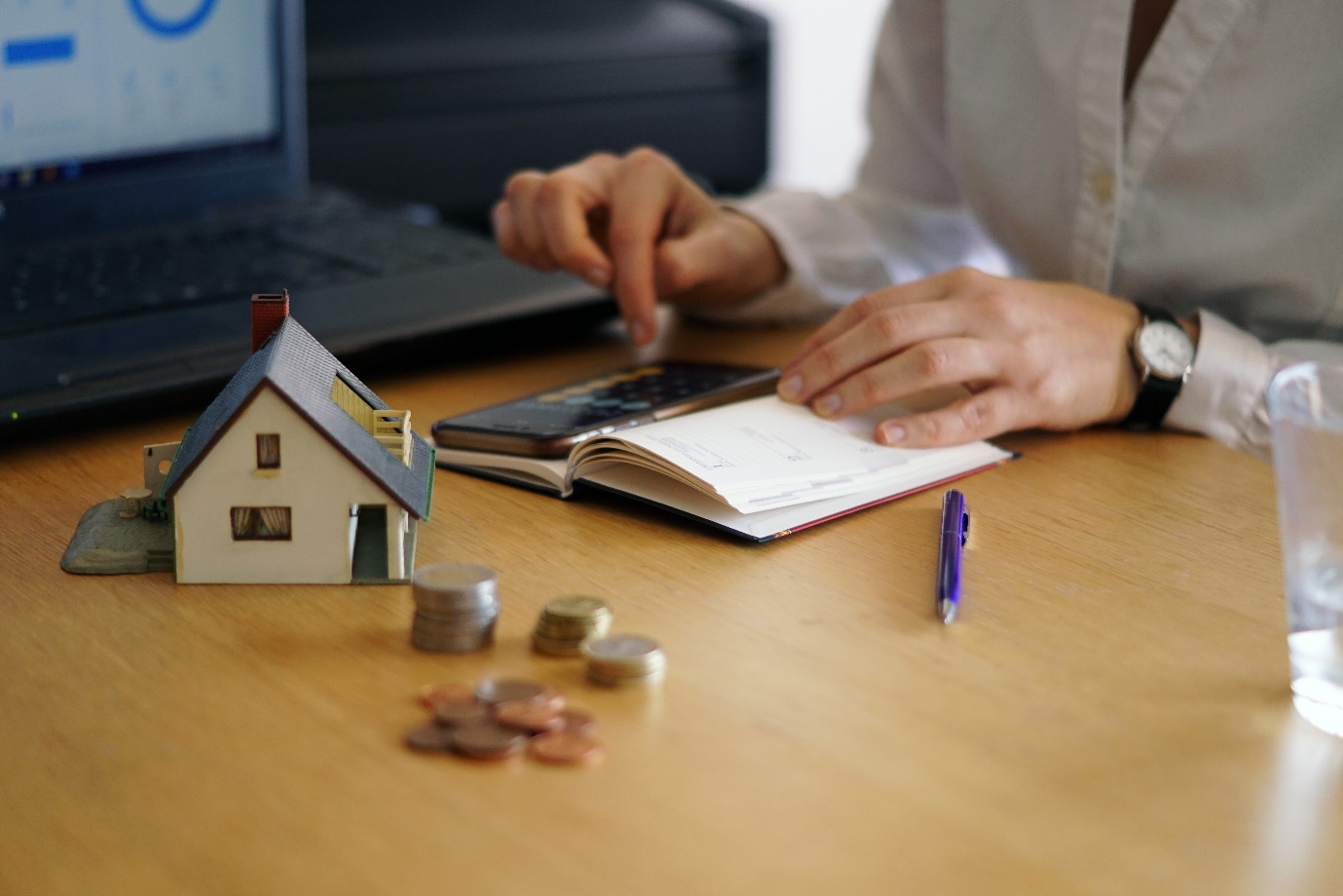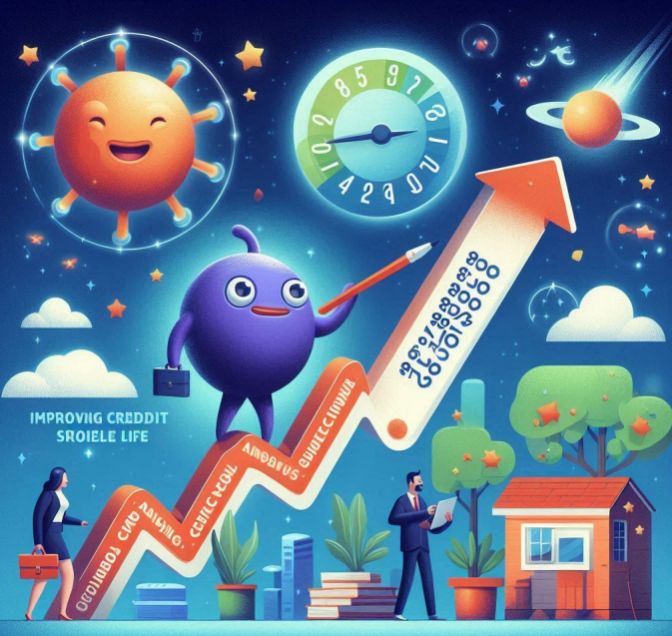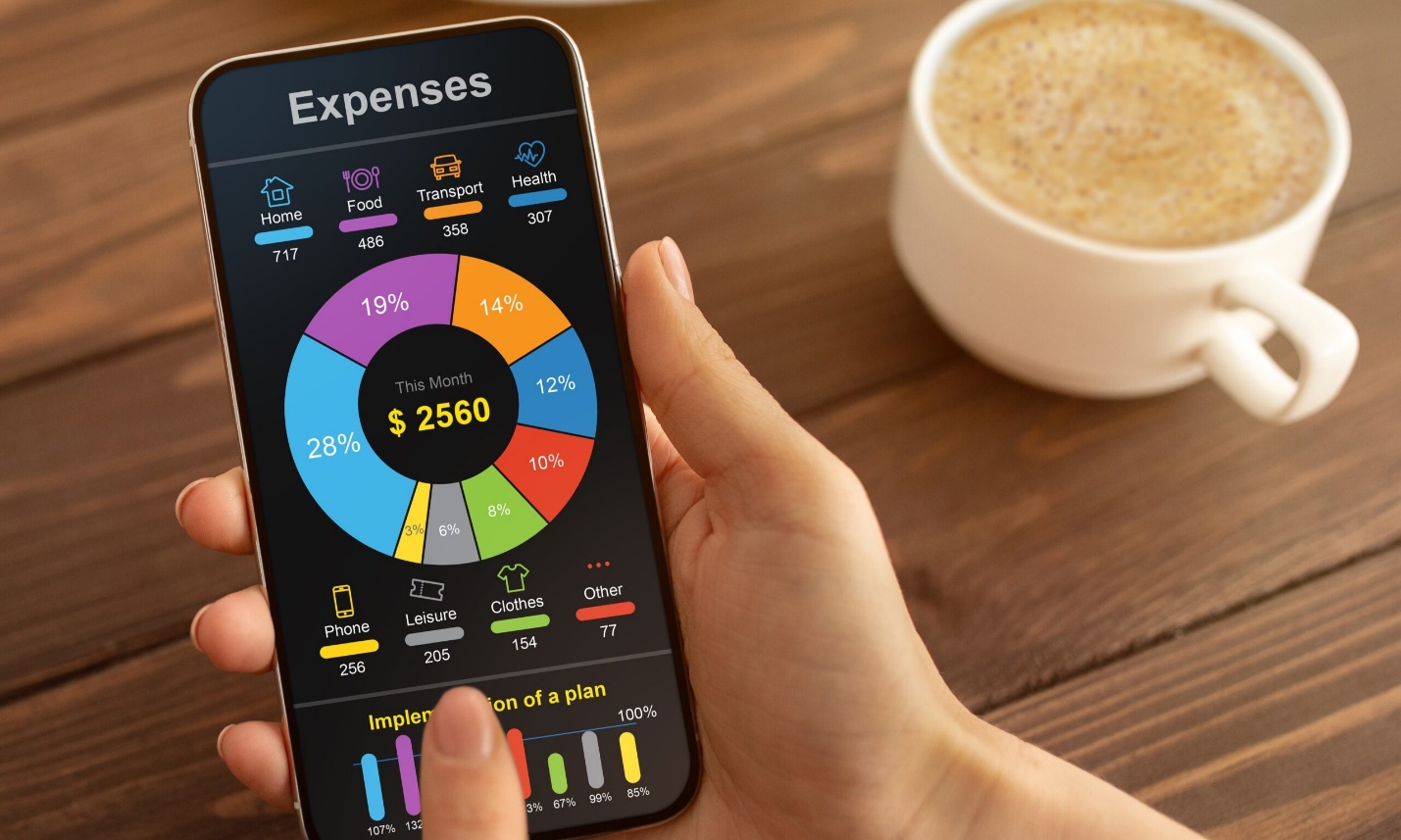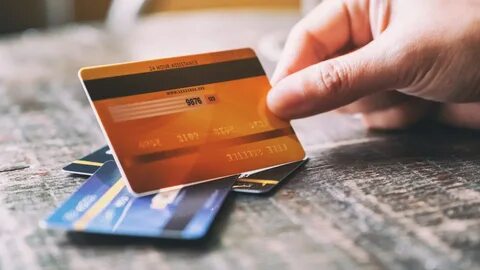What is a financial plan?

A financial plan is a roadmap for your money. It helps you manage your income and expenses. This plan includes your financial goals for the future. It covers things like saving, investing, and spending. A good financial plan changes as your life changes. It helps you make smart choices with your money over time.
Always feel like your money is burning a hole in your pocket? You're not alone. But the fact is, a financial plan can become your personal super power. This is everyone, not just the Wall Street muckety-mucks. If you are on a perpetual hamster wheel of every cent earned living paycheck to pay check or trying to save for something like… oh, let's say your dream vacation.. having at least one good plan can lighten the burden. Rich is about knowing your cash, and not being dominated by it. So why not give it a shot?Your future self might just throw you a party.
The financial plan serves as a guideline on how to treat cash within your living. It helps one track what comes in and what goes out. This includes targets to reach from the savings, like buying a home or retiring; how deals with debts are managed and unexpected expenses Having a financial plan is having control over your money, not the other way around.
How to make a financial plan in steps
1: Set financial goals
We all have different hopes and dreams but maybe you just want to live in your own home, go on holiday or be free from bill worries. Enter financial goals — the stuff for which you want your money to do. Not by a wish, but you chart the path to get there. It's about learning what you actually want for yourself and your family.
Once you know what you want, it's time to make it real. Start by writing down your goals. Be specific - how much money do you need and by when? Then break it down into smaller steps. Maybe you need to save $100 a month or cut back on eating out. It might seem tough at first, but each small win gets you closer. Remember, it's your life and your goals. You've got this!
2: Track your money

You think of it as a food diary: you write down a dollar in, and you write down a dollar out. You don't like doing it, and then it gets much easier. You use an app or just something like a notebook. Whatever works for you. But then you start to get into trends: maybe you're spending more on takeout than you think you are, or maybe you're spending less on groceries. And this isn't about beating yourself up. This is a complete picture.
Now you can see where your cash is flowing; you are in control. Maybe you want to cut back on some things, or maybe you can afford that trip you have been dreaming about. You will be able to make better choices with money by tracking. It is like having a map for your finances. You get to decide where you want your money to take you.
3: Budget for emergencies
And this is where life surprises us with a curve ball out of nowhere. Your car could break down, or your fridge might go out. However, surprise expenses can wreak havoc on your budget. This is why having an emergency fund is so critical. Like a Money Security blanket, Start small if you need to. Even saving a few dollars each month can accumulate over time.
But, an emergency fund is not just cash. It's about peace of mind. Then when you can sleep a `little bit better, knowing that you have money to use as buying opportunities. You get to avoid the panic and/or swiping on your credit cards when things go wrong. Try to have just enough saved up so that you can afford 3–6 months of living expenses. The revenue won't add up right away but a dollar is still a fucking buck. Your future self will be grateful you were ready and able to show up.
Why is financial planning important?

It is also very important because it allows the individual to wisely use his or her money. This involves establishing goals for some future time and determining how to achieve such results. With a good plan, it is easier to save for big purchases, prepare for emergencies, and work your way toward a comfortable retirement. Planning itself will aid an individual to understand where his or her money goes and how it could be made to work harder. Less stress around money and more control of your financial life.
The same solid financial plan will also contribute to an overall quality of life. You are in better position to make informed decisions about spending and investing. You can balance your current needs with your long-term goals. Financial planning helps you adopt good habits, like saving regularly and budgeting smart. Certainly, these habits may lead to greater financial security and more options in life. In this case, with a plan, you're more likely to reach your dreams and handle such unexpected challenges.
Conclusion
A financial plan assists in taking control of your money. It shows you where you are and where you want to go. With a plan, you can make better choices about spending. It helps in saving money for important goals.
Just remember, a good plan changes as your life does. It is okay to adjust as things come up. Most importantly, just have a plan-it's your roadmap to a better financial future.
(Writer:Lily)





